Lobet
✅ Lowers blood pressure
✅ Reduces heart rate
✅ Manages hypertension
✅ Controls angina
✅ Treats heart failure
Lobet contains Labetalol.
Product Overview
Lobet is a pharmaceutical preparation containing Labetalol as its active ingredient, available in tablet form for oral use. As a member of the beta-blocker class of drugs, Lobet is primarily indicated for the management of hypertension (elevated blood pressure). The medication functions by inhibiting the action of natural substances that constrict blood vessels, thereby promoting more efficient cardiac function and reducing cardiovascular stress.
Therapeutic Applications
Lobet is principally prescribed for the treatment of adult hypertension. It may also be utilized in clinical settings for hypertensive crises. Beyond its primary indications, healthcare providers may recommend Lobet for off-label uses including angina pectoris and specific cardiac arrhythmias. Its mechanism involves vascular relaxation and heart rate modulation, resulting in improved circulation and blood pressure reduction.
Administration Guidelines
Lobet tablets should be ingested orally in strict accordance with medical instructions. The tablets must be swallowed intact with adequate water, with or without meals. Altering the tablet’s physical form (crushing, chewing, or breaking) is contraindicated as it may affect drug efficacy. Consistent daily use is essential for optimal therapeutic outcomes. Discontinuation should only occur under medical supervision to avoid potential complications.
Mechanism of Action
Lobet’s active component, Labetalol, exerts its pharmacological effects by antagonizing endogenous catecholamines (particularly epinephrine) at cardiac and vascular receptor sites. This blockade induces vasodilation and reduces cardiac workload, leading to decreased systemic blood pressure. The resultant hemodynamic improvements help mitigate hypertension-related risks including cerebrovascular accidents, myocardial infarction, and renal impairment.
Dosage Protocol
Lobet dosing is individualized based on clinical response and patient-specific factors. Therapy typically initiates with lower doses, with gradual titration under medical supervision. The standard antihypertensive regimen ranges from 100-200 mg administered twice daily. Physicians may adjust this regimen according to therapeutic response. Strict adherence to prescribed dosing schedules and regular clinical monitoring are imperative for treatment success.
Therapeutic Advantages
- Effective blood pressure control
- Cardiovascular risk reduction
- Management of acute hypertensive episodes
- Potential symptomatic relief for angina and arrhythmias
- Convenient dosing regimen (once or twice daily)
Adverse Effects
Common adverse reactions may include vertigo, fatigue, gastrointestinal disturbances (nausea/vomiting), and cephalalgia. While typically transient, persistent or severe symptoms warrant medical consultation. Serious potential effects requiring immediate attention include dyspnea, syncope, cardiac rhythm abnormalities, or peripheral edema.
Precautions
Special caution is advised for patients with comorbid conditions such as respiratory disorders (asthma), cardiac insufficiency, hepatic impairment, or diabetes mellitus. The risk-benefit ratio should be carefully evaluated in pregnant or lactating individuals. Comprehensive medical history disclosure (including all concomitant medications and supplements) is essential prior to therapy initiation.
Storage Requirements
Maintain Lobet tablets at controlled room temperature, protected from light and humidity. Retain in original packaging, securely stored away from pediatric and pet access. Avoid storage in moisture-prone areas (bathrooms, kitchen sinks). Dispose of unused medication in accordance with local pharmaceutical waste regulations.
Disclaimer:
The information provided is intended for educational purposes and represents expert-reviewed, reliable medical content. This material should not substitute professional medical advice, diagnosis, or treatment. The content may not encompass all potential adverse effects, drug interactions, or contraindications. Patients should consult qualified healthcare providers for personalized medical guidance. This information aims to complement, not replace, the essential physician-patient relationship.
| Strength | 100 mg |
|---|---|
| Quantity | 30 Tablet/s, 60 Tablet/s, 90 Tablet/s, 180 Tablet/s |
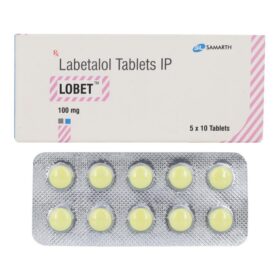 Lobet
Lobet









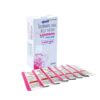
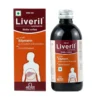
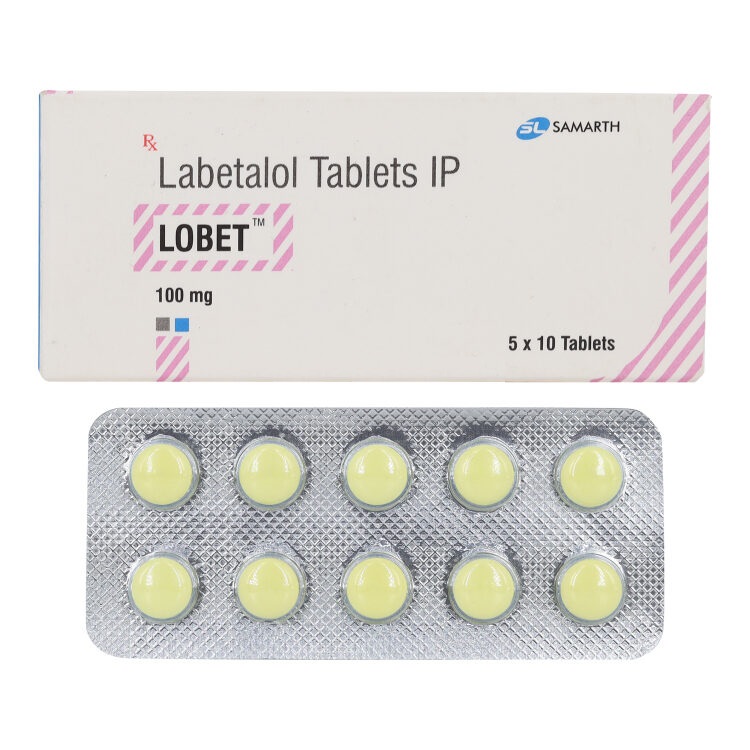
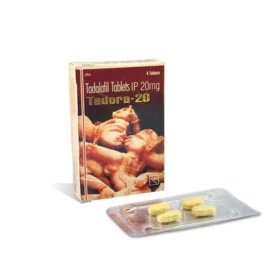
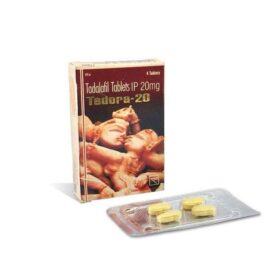
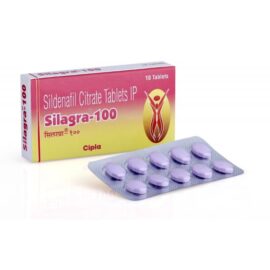
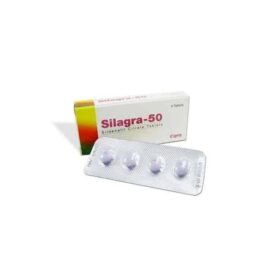
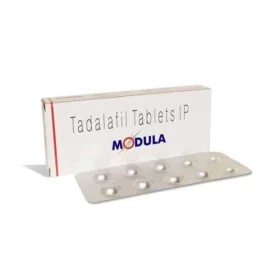
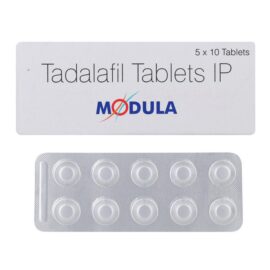
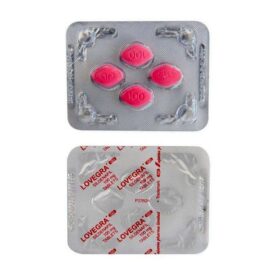

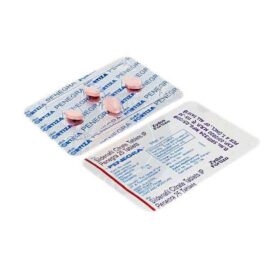
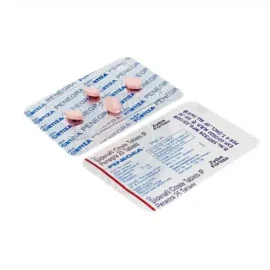
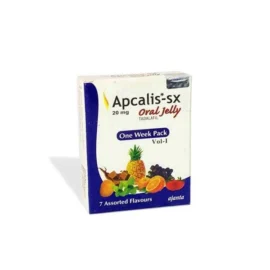
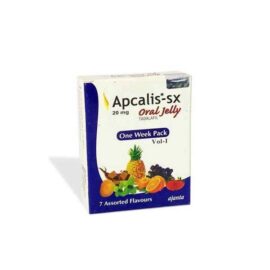

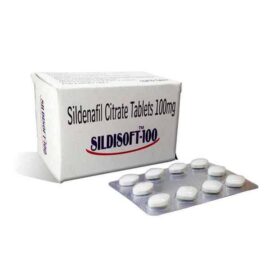

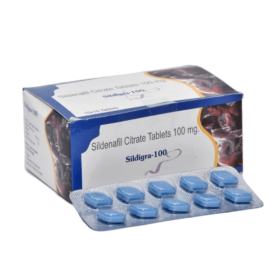
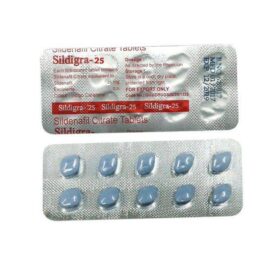
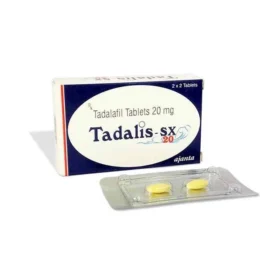
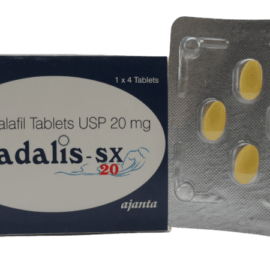

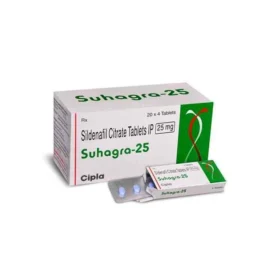
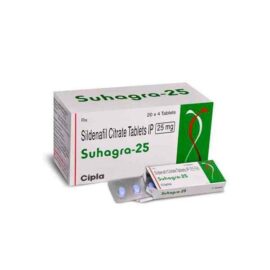
Reviews
There are no reviews yet